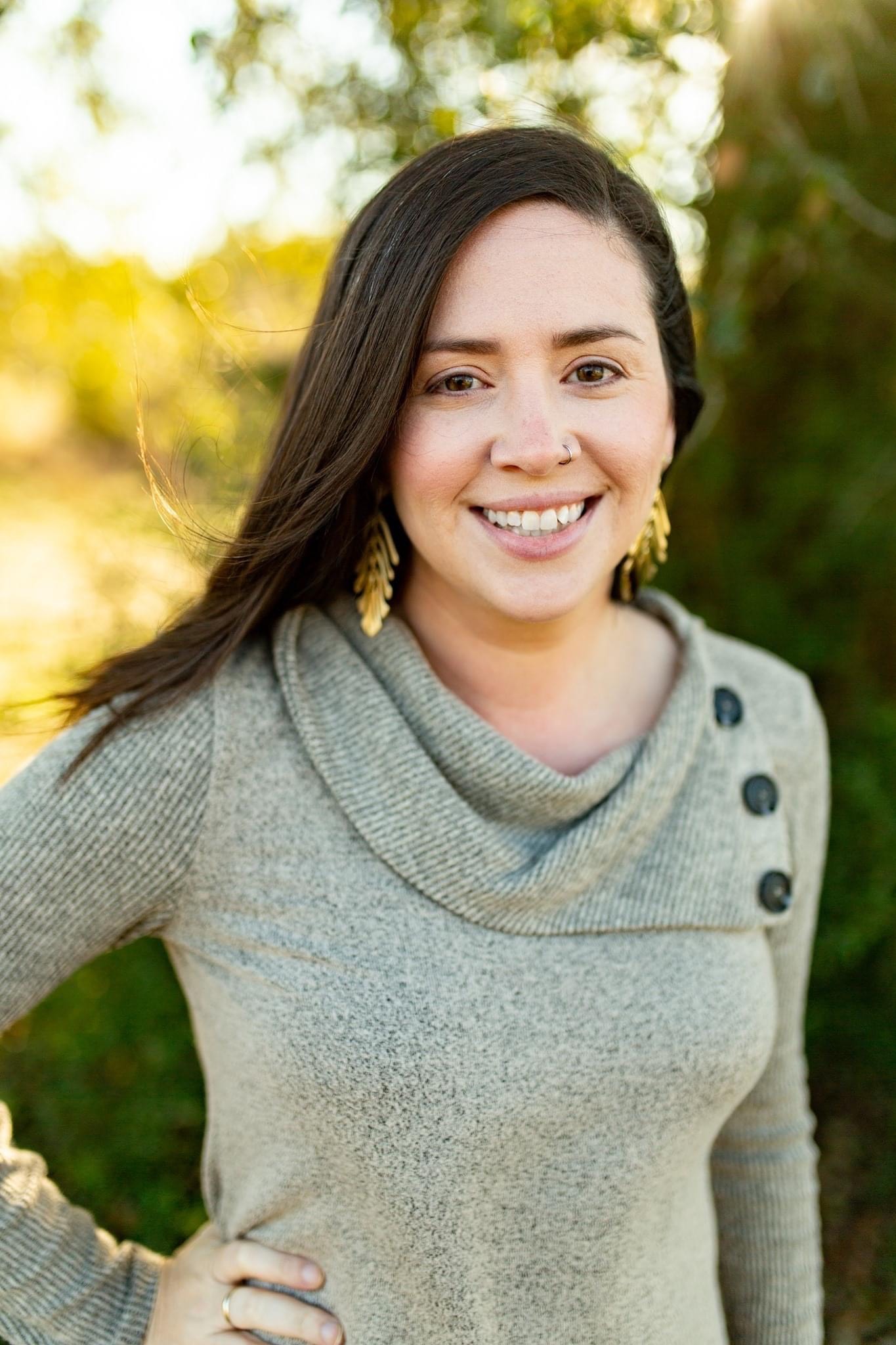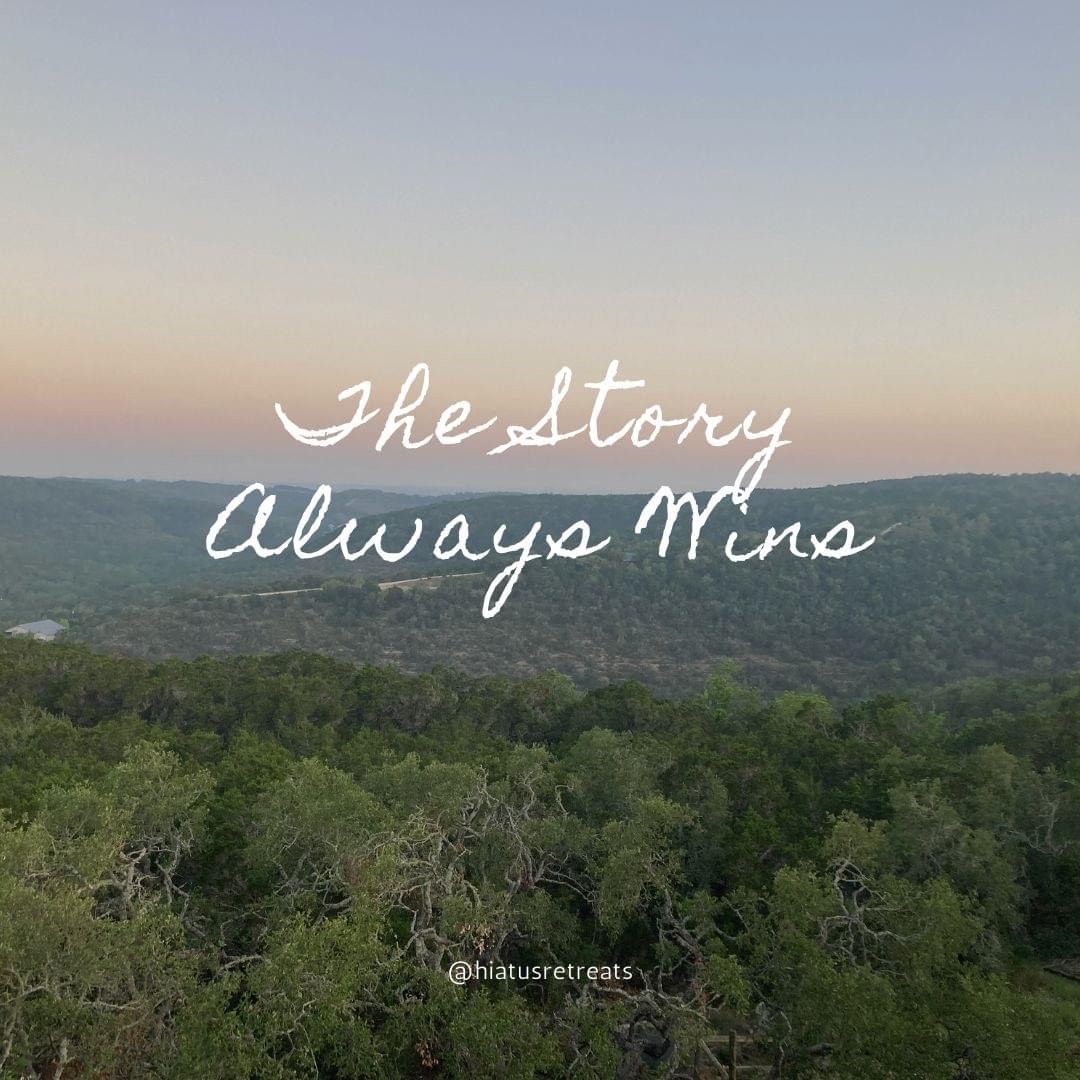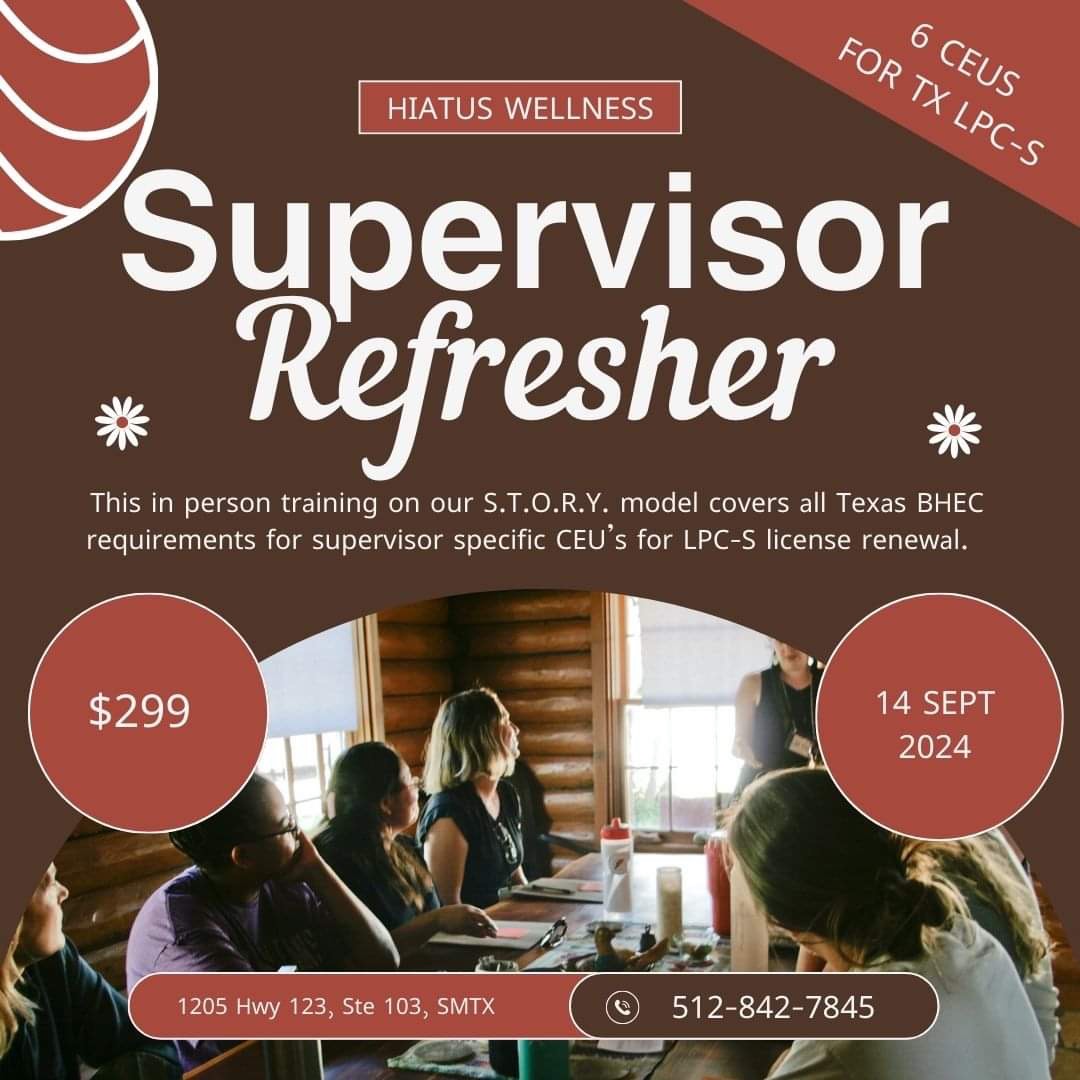We caught up with the brilliant and insightful Jenn Popovich a few weeks ago and have shared our conversation below.
Jenn, thanks for joining us, excited to have you contributing your stories and insights. We’d love to hear the backstory of how you established your own practice.
I began day dreaming about having a private counseling practice while working in a residential treatment center as the director. I had been in the field about 11 years, and had gone about as far as I could at that organization. I knew I needed to change jobs if I wanted to climb more, but I also was losing my desire to climb. I knew I needed a change, even if I didn’t want to climb at all. I was craving a slower and calmer day routine, which led me to the idea of my own practice. My main challenge was that I had no idea what steps to take first, and didn’t have any trusted colleagues to ask. I ended up finding a community of practitioners to join and found enough stability there to then seek out resources one at a time. I would take very nearly the same path again, except for a few enhancements. I think I would have stepped out of my mental health field sooner, seeking feedback, community, and resources from other arenas- such as joining the chamber of commerce and having access to their resources, or getting to know my banker better and learning about what was available to me. My advice for others considering starting a practice is to find these resources and communities as early as possible. I would advise them to ask for help and feedback early and often.

As always, we appreciate you sharing your insights and we’ve got a few more questions for you, but before we get to all of that can you take a minute to introduce yourself and give our readers some of your back background and context?
I took the first job I could find, in an area with few opportunities and a sparse mental health ecosystem. I became a counselor in 2006, and started in a methadone clinic in rural Alabama. Through working there, Georgia, and now Texas over the last 18 years, I have found that community is vital to both the therapist and the people seeking therapy. I have found that authenticity is the long game, and people crave it- again both therapists and clients. I also discovered along the way that the individual stories we are all carrying around about ourselves dictate the way we move through the world. All of that has formed the practice that I now lead, and all of the work that I do, both clinical and training other clinicians. First, we are a group practice, which means there are several of us working at Hiatus Wellness, so that we are not isolated. We working within a shared cowering/ cooperative space with other clinicians that run independent practices as well. This gives us layers of community and engagement. Both in the shared space and within Hiatus, people are not micromanaged. Everyone makes their own schedule and go on vacation whenever they need to, within a frame of support and accountability. There are always people to talk to, but we also get to have autonomy and freedom. Having that kind of foundation then trickles down to the work we are able to do with clients and the community. It is the healthiest place I have ever worked. Therapists are able to do good work, be supported, and have enough energy left to build a healthy life outside of work. If a therapist is connected to others, not burned out, and has a measure of control over their professional life, they can be more present and intentional in the therapy they provide. I think this sets us apart, and is what I am most proud of. Our work is built on all of that. We do therapy- good therapy- that is evidence based, and have all taken time and energy to be well educated on trauma treatment and best practices. We work with depression, anxiety, life adjustments, traumatic and painful experiences, and shame resolution. Our services include therapy, weekend and day retreats, community events, and counselor education.
Learning and unlearning are both critical parts of growth – can you share a story of a time when you had to unlearn a lesson?
I’ve always had this story that you need to show up for what you commit to- no matter what. While that is generally true, I have also really worn myself out sometimes by adhering to that and not being able to live in the grey more or ask for help. I came up against this in 2023 when I was scheduled to speak at the Georgia state conference for counselors. My talk was on the idea that our internalized narrative/ story affects our beliefs and behaviors- so just take note of that. My family decided to turn it into a vacation and we all went for the week leading up to the conference. About 3 days in my daughter got very sick, and then the next day my husband. I followed the next day, with my speaking engagement scheduled for the day after that. We were SO sick. I can’t even describe how miserable it was to be in a hotel room full of sick people, and be consumed with anxiety about how to get better ASAP so I could fulfill my obligation. I did everything I could, but this was the kind of situation where I was obviously contagious, and just had to let it run its course until I was better. I was sick with fear and worry, and physically the most ill I had been in years. I finally realized I just physically couldn’t stand for 1.5 hours and talk. I couldn’t stand. I had not gone more than an hour at a time without being sick. I started calling every number I could find to talk to someone and explain. Dead ends everywhere. No one was answering because they were all at the conference. I eventually got in touch with a colleague that was in attendance and she rallied and helped me handle it. But while it was happening, I kept thinking about what they would think of me and how I could fix it- both of which I eventually accepted I had zero control over at that moment. Nothing to do about it. I also realized that if I had been any other kind of sick, I would have made myself show up and do it. It took me being incapacitated to give myself permission to be sick and take care of myself. I had to be forced. It was so humbling, but also necessary. I had to face so much of my story and that as much as I had convinced myself I don’t care what others think, I was still very invested in managing their impressions of me. I was terrified my reasons would not be enough- I wasn’t sick enough or sorry enough. They ended up being so gracious about it, and giving me my second lesson- I need to be as gracious with myself as others are. This lesson comes up for me every now and again and I have to unlearn and relearn every time. I think this is just an ongoing cyclical issue that I need to be reminded of.

Other than training/knowledge, what do you think is most helpful for succeeding in your field?
DO YOUR OWN WORK. Therapists and wellness professionals need to have a grasp on their own issues, and have done the processing and resolution work around it. You’d probably be shocked to find out how many therapists have never been to therapy at all. I certainly was. My master’s program required us to go to therapy and provide proof. I have learned this is not the norm. I have supervised and managed and had access to the behind the scenes of mental health practitioners enough to know that unchecked anger, low self- esteem, trauma etc leads to people pushing their beliefs on others, shaming/ judging or otherwise emotionally harming them, or crossing boundaries in all kinds of ways. I hear so many therapist horror stories from clients who have seen other therapists before and it always makes me so angry. Despite training and knowledge, people can still do harm by not having a deep knowing of themselves. Don’t settle for a superficial existence. Do the hard work.
Contact Info:
- Website: https://www.hiatuswellness.com
- Instagram: @hiatuswellness and @hiatusretreats
- Facebook: https://www.facebook.com/hiatuswellness

Image Credits
Misty Ranae Photo
and
Lora Hufton


